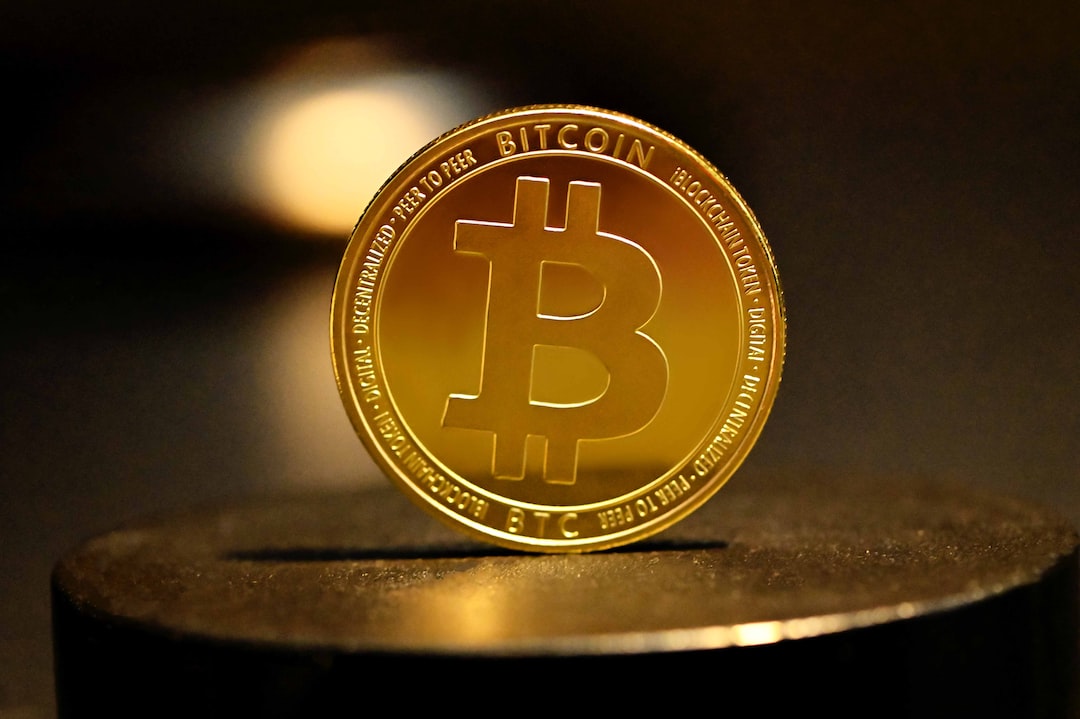The Concerns Surrounding Grayscale Bitcoin Trust’s Transition to an ETF
As the crypto community celebrates Grayscale’s recent win against the SEC, some experts, including Peter Schiff, have expressed concerns about the consequences of Grayscale Bitcoin Trust (GBTC) transitioning to an ETF.
Key Points:
- Peter Schiff believes that GBTC becoming an ETF could have a bearish impact on Bitcoin’s market dynamics.
- Currently, traders can buy GBTC and sell or short Bitcoin, but once GBTC becomes an ETF, the discount to its Net Asset Value (NAV) will disappear.
- Shareholders could then redeem their GBTC shares, forcing Grayscale to sell Bitcoin into the market, which would significantly increase the tradable supply.
- The SEC initially rejected Grayscale’s GBTC application, citing concerns about fraudulent practices, but Grayscale fought back and won a review in court.
- U.S. Court of Appeals Circuit Judge Neomi Rao questioned the SEC’s lack of clarity and ultimately nullified their dismissal of the GBTC application.
While this is a victory for Grayscale, it doesn’t guarantee the final listing of a Grayscale spot Bitcoin ETF. Schiff’s concern is that the transformation of GBTC into an ETF could lead to an influx of Bitcoin sales by traders, potentially inflating the tradable supply in the market.
Hot Take:
The transition of Grayscale Bitcoin Trust to an ETF has sparked both excitement and concerns in the crypto community. While the recent court victory for Grayscale is a positive development, it remains to be seen how the transition will impact Bitcoin’s market dynamics. Peter Schiff’s concerns about increased Bitcoin sales and an inflated supply highlight the potential risks associated with this transformation. As the crypto industry evolves, it is crucial to carefully consider the implications of regulatory decisions and their effects on overall market stability.





 By
By
 By
By
 By
By

 By
By
 By
By